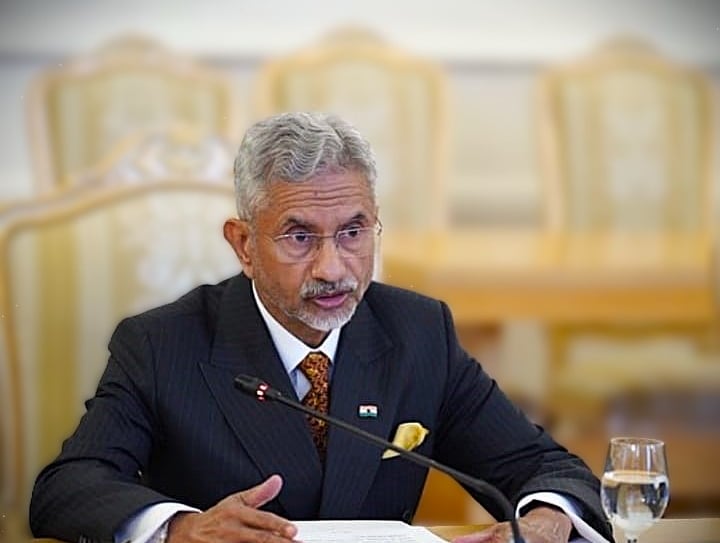India Confirms U.S. Trade Negotiations Continue Amid Tariff Tensions
India confirms U.S. trade talks are ongoing despite tariffs rising to 50%. Jaishankar vows to protect farmers while Piyush Goyal drives wider global trade efforts.
Raja Awais Ali
8/23/20252 min read


India Affirms Ongoing Trade Talks with the U.S. Despite Rising Tariff Pressures
On August 23, 2025, India confirmed that its trade negotiations with the United States remain ongoing, despite growing tensions over Washington’s tariff hikes on Indian exports. Speaking at the Economic Times World Leaders Forum in New Delhi, External Affairs Minister Subrahmanyam Jaishankar emphasized that discussions with the U.S. had not collapsed and would continue, even though key policy differences remain unresolved. His remarks came as the U.S. raised tariffs on Indian goods to 25%, with another 25% set to take effect on August 27, effectively doubling duties to 50%. The tariff hike, driven largely by India’s continued oil imports from Russia, has become a central dispute in bilateral relations.
Jaishankar stressed that India’s “red lines” are non-negotiable, especially the protection of farmers and small-scale producers who form the backbone of the country’s rural economy. He made clear that while India seeks dialogue, no trade agreement can come at the cost of millions of livelihoods dependent on agriculture and small industries. This stance reflects New Delhi’s resolve to negotiate from a position of principle rather than yield to external pressure.
At the same time, Commerce and Industry Minister Piyush Goyal highlighted that India is engaged in multiple Free Trade Agreement (FTA) talks beyond the U.S. Goyal pointed out that India is holding negotiations with the European Union, Chile, and Peru, adding that officials are working “subah se shaam” (from morning till evening) to expand India’s global trade network. This underscores India’s broader strategy to diversify its trade partnerships and reduce reliance on a single market.
The path ahead, however, has been complicated by the U.S. decision to cancel a planned trade delegation visit to New Delhi, which was scheduled for August 25–29. The cancellation casts doubt on immediate progress, but Indian officials remain optimistic that consistent engagement will eventually produce results. Analysts suggest Washington is leveraging tariffs to pressure India into concessions on energy and market access, but New Delhi continues to assert that its strategic autonomy and energy security are non-negotiable.
Economists caution that escalating tariffs risk harming both economies. For the U.S., higher duties could raise costs for consumers reliant on Indian exports such as textiles, pharmaceuticals, and IT services. For India, export-oriented sectors may face short-term pressure, though diversification into new markets could help offset losses. The government’s measured response signals that India is committed to a long-term balancing strategy—maintaining its U.S. partnership while simultaneously pursuing new opportunities abroad.
As the world’s two largest democracies navigate this challenging moment, the outcome of these talks will influence more than just trade flows. They will shape strategic trust, global alliances, and the future of India–U.S. relations in an era of shifting geopolitics. For now, Jaishankar’s message remains clear: negotiations continue, India will defend its core interests, and any final deal must rest on fairness, respect, and balance.